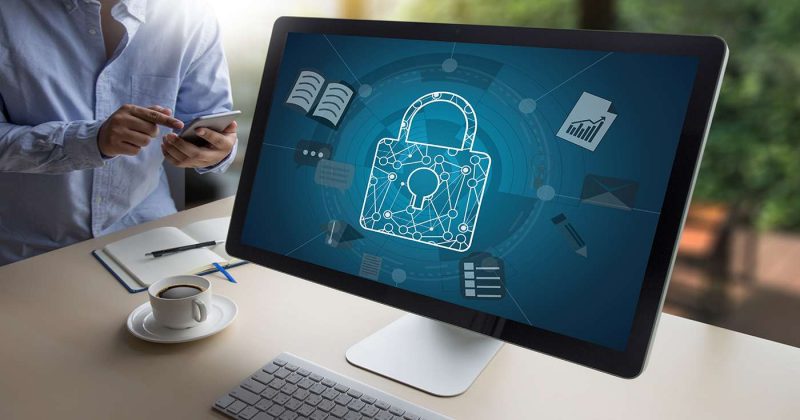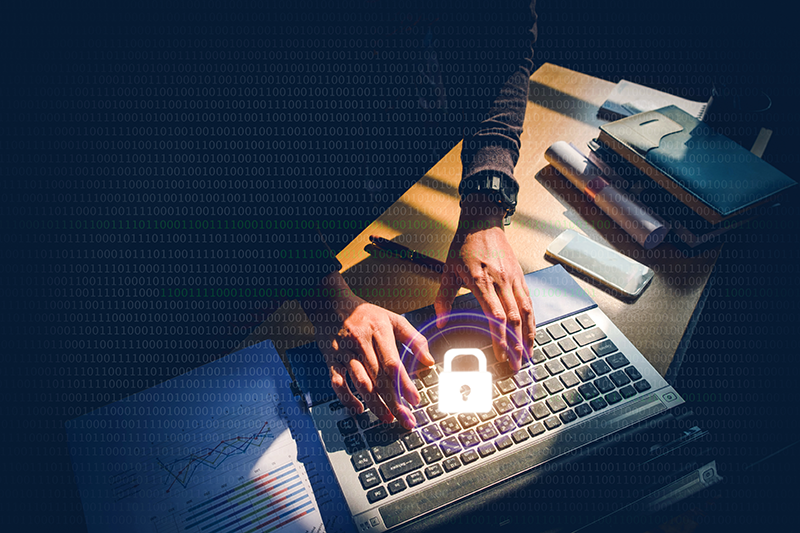
Unmasking the Shield: Simple Yet Effective Steps to Secure Your Personal Computer
In our increasingly interconnected world, digital hygiene is no longer a choice but a necessity. When we say “Personal Computer,” it isn’t just about the hardware; it’s about all the personal information it contains. From financial transactions to sensitive work-related data, your computer is an overflowing chest of personal treasures, making it an appealing target for cyber pirates.
The concept of PC security seems to create a mental image of hi-tech battles between darknet coders and shiny, white-collar cybersecurity teams. However, the truth is not nearly as glamorous, but it’s essential. Securing your personal computer is similar to locking your house; it’s about preventing unauthorized access, securing personal data, and maintaining the system’s integrity.
The Pillars of PC Security
The key to successful PC security is understanding its three pillars: Confidentiality, Integrity, and Availability.
Confidentiality ensures that your data remains accessible only to those who have the authority to access it. It’s about keeping your secrets secret.
Integrity is all about maintaining the authenticity and completeness of your data. It makes sure that the data remains intact without any unauthorized alterations.
Availability, the final pillar, ensures that the data or system is accessible whenever needed. It’s about keeping your system up and running, even during a digital storm.
Your Armor Against Digital Threats: Regular Software Updates and Strong Passwords
A majority of the threats that lurk in the digital realm prey on outdated software and weak passwords. Hence, one of your primary defenses is to keep your software up-to-date. Software developers regularly release patches and updates, not only to add new features but also to fix vulnerabilities that hackers might exploit.
Passwords, on the other hand, act as the primary key to your digital kingdom. Make your password complex and unique. Incorporate a mix of upper and lowercase letters, numbers, and special characters. Avoid predictable patterns and consider using a reliable password manager to keep track of your passwords.

Stepping Up Your Security Game: Firewalls and Antivirus Software
A well-fortified computer makes use of a firewall and a reliable antivirus. Think of your firewall as the sentry, standing guard at your system’s door, only allowing verified traffic to enter and leave your PC.
Antivirus software acts as the foot soldiers, always on patrol within your system, identifying, isolating, and eliminating potential threats. It protects your system from viruses, trojans, ransomware, and other forms of malware that could otherwise wreak havoc.
The Importance of User Vigilance
In conclusion, securing your personal computer isn’t solely about the tools or the software; it’s about the user’s vigilance. No amount of cutting-edge security software can protect you if you click on a suspicious link or download a shady email attachment. The best security measure, after all, is an educated and vigilant user.
Remember, cybersecurity isn’t a one-time task; it’s a continual process. Keep yourself updated with the latest threats and trends. By incorporating these practices into your digital routine, you can protect your personal information and ensure the security of your personal computer. In the grand scheme of things, PC security is not just about protecting your computer; it’s about safeguarding your digital identity.
